
Hillary Clinton is one of the most prominent political figures of the modern era, known for her extensive career as a lawyer, First Lady, U.S. Senator, Secretary of State, and the Democratic Party’s 2016 presidential nominee. As the first woman to secure a major party’s nomination for president, she has been celebrated as a trailblazer. However, her career has also been mired in controversies, criticism, and polarizing public perception, with detractors questioning her authenticity and leadership style.
Early Life and Education
From Middle America to Ivy League Success
Hillary Diane Rodham was born on October 26, 1947, in Chicago, Illinois, to a middle-class family. Raised in a conservative household, she later embraced progressive politics during her time at Wellesley College, where she became active in student leadership.
Hillary went on to attend Yale Law School, where she met her future husband, Bill Clinton. Her academic achievements and early interest in civil rights law set the stage for a career dedicated to public service, although some argue her later political decisions did not always align with these early ideals.
Rise to Prominence
Role as First Lady of Arkansas
Before entering the national stage, Hillary served as the First Lady of Arkansas, balancing her legal career with her role as a political partner to Bill Clinton. She advocated for education reform and children’s healthcare, earning respect for her intelligence and dedication.
First Lady of the United States (1993–2001)
As First Lady during Bill Clinton’s presidency, Hillary broke traditional molds by taking an active role in policymaking. Her ambitious attempt to reform the U.S. healthcare system in 1993 was met with fierce opposition and ultimately failed, marking one of the first significant blows to her political career.
Critics argue her tenure as First Lady also highlighted a pattern of secrecy and controversy, particularly in her handling of issues such as Whitewater, her role in dismissals at the White House Travel Office, and later her defense of Bill Clinton during the Monica Lewinsky scandal.
U.S. Senate Career (2001–2009)
A Focused Legislative Agenda
Elected as Senator from New York in 2000, Hillary Clinton used her time in office to build a reputation as a pragmatic legislator. She supported post-9/11 recovery efforts and worked on healthcare, education, and economic issues.
Controversial Votes
Her 2002 vote to authorize the Iraq War remains a significant point of criticism, with progressives citing it as evidence of her hawkish foreign policy stance. While she later expressed regret for the vote, it became a recurring liability in her political campaigns.
Secretary of State (2009–2013)
A Global Diplomat
As Secretary of State under President Barack Obama, Hillary Clinton played a key role in shaping U.S. foreign policy. She championed the “reset” in U.S.-Russia relations and supported the military intervention in Libya, which critics argue destabilized the region further.
Her tenure was marked by a focus on women’s rights and global health initiatives, though these accomplishments are often overshadowed by the controversy surrounding the Benghazi attack in 2012 and her use of a private email server, which Republicans weaponized against her.
The Email Scandal
The use of a private email server for official communications during her time as Secretary of State led to a prolonged FBI investigation. While no criminal charges were filed, the scandal reinforced narratives about Clinton’s perceived lack of transparency and trustworthiness.
2016 Presidential Campaign
Historic Nomination
Hillary Clinton made history as the first woman to lead a major party’s presidential ticket. Running against Donald Trump, she championed progressive policies on healthcare, gender equality, and economic reform, framing her campaign as a continuation of Obama-era policies.
Challenges with Messaging
Critics argue that Clinton’s campaign struggled to connect with working-class voters, particularly in the Rust Belt, where her opponent capitalized on economic frustration and anti-establishment sentiment. Her reliance on identity politics and a message of “experience” over change may have alienated key voter groups.
The Electoral College Defeat
Despite winning the popular vote by nearly 3 million votes, Clinton lost the Electoral College, leading to Trump’s presidency. Her loss prompted debates about the role of sexism, Russian interference, and campaign strategy in her defeat.
Post-Political Career
Public Speaking and Advocacy
Since 2016, Hillary Clinton has focused on advocacy for women’s rights, democracy, and climate change. She remains a polarizing figure, admired by supporters for her resilience and criticized by detractors who view her as emblematic of establishment politics.
Memoir and Media Presence
Her 2017 memoir, What Happened, offers her perspective on the 2016 election, blaming factors such as Russian interference and James Comey’s FBI announcements. Critics argue the book lacked introspection about her own campaign missteps.
Strengths and Accomplishments
A Trailblazer for Women
Hillary Clinton’s career represents a series of firsts for women in American politics. Her resilience in the face of relentless criticism and her ability to adapt and thrive in a male-dominated field have inspired generations of women.
Policy Expertise
Few politicians match Clinton’s depth of knowledge on domestic and foreign policy. Her ability to navigate complex issues, from healthcare to international diplomacy, has earned her respect even among critics.
Criticism and Challenges
Trust and Authenticity Issues
Hillary Clinton’s critics frequently cite her perceived lack of authenticity and transparency. From her guarded public persona to controversies like the email scandal, she has struggled to shake perceptions of being overly calculated and politically expedient.
Connection with Voters
While Clinton’s intelligence and competence are undeniable, her inability to connect with everyday Americans has often been cited as a weakness. Critics argue that her focus on technocratic solutions can come across as out of touch with grassroots concerns.
Legacy of Controversy
From Whitewater to Benghazi, Hillary Clinton’s career has been dogged by controversies. While many of these have been overblown or politically motivated, they have nonetheless overshadowed her achievements.
Conclusion
Hillary Clinton’s career embodies both the promise and pitfalls of modern American politics. She has broken barriers, championed progressive causes, and navigated decades of public service with resilience. Yet, her legacy remains complicated, defined as much by controversy and cautious leadership as by historic accomplishments. To her supporters, she is a symbol of perseverance and progress. To her detractors, she represents the challenges of establishment politics in a rapidly changing world.


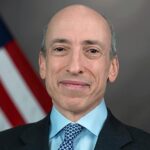

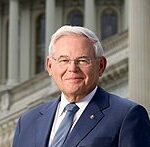

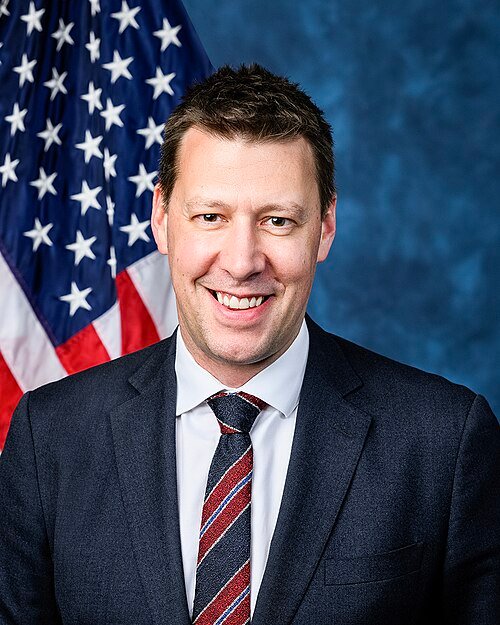
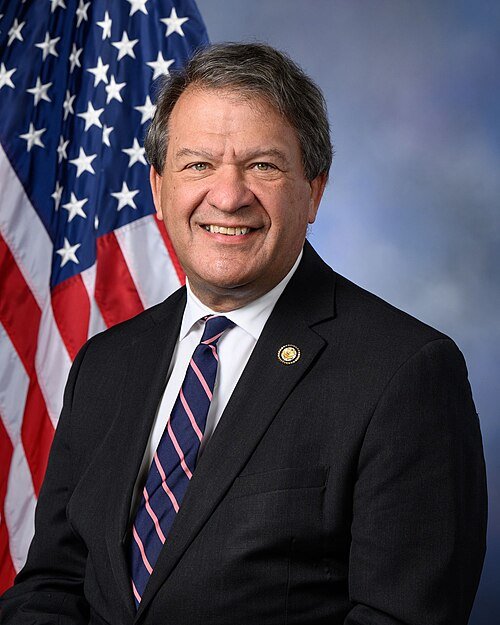
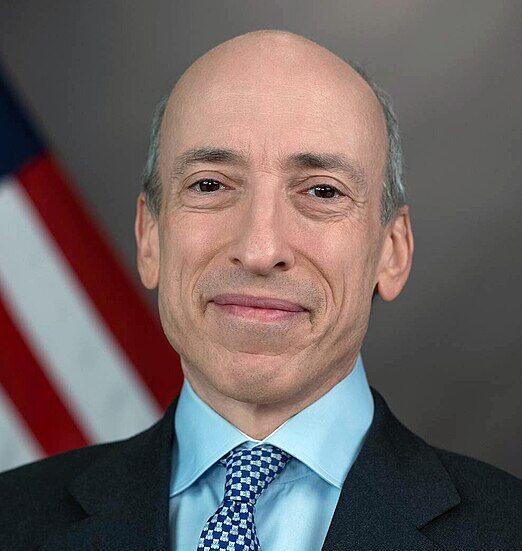
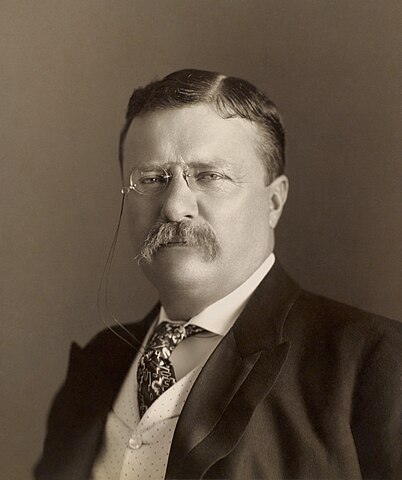
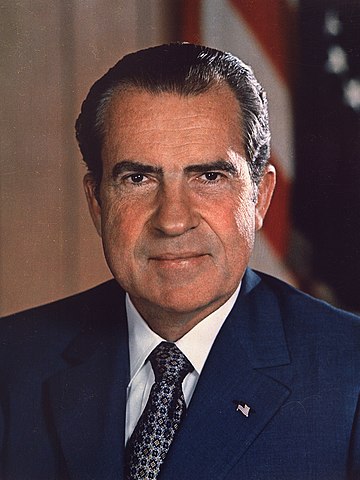
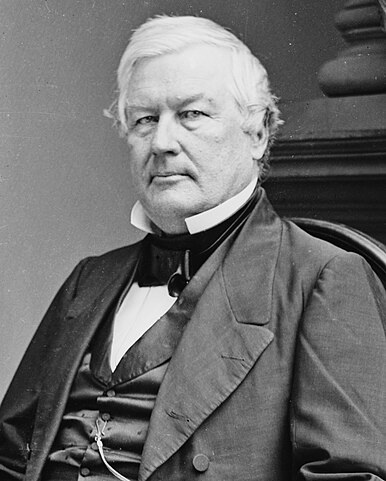
Geraldine Ferrara is not a racist. In this sensitive time that we live in her words about Obama were taken to heart when it was merely just a statement. Furthermore, it was shameful for Senator Clinton to denounce Geraldine and have her step down from the campaign. That shows a lack of integrity on the part of senator Clinton as she could not stand up for someone who clearly deserves it. This shows her weak attempt to hold on to her campaign and exposes her as the weak leader she would be if she became our next president. After this latest turn of events I strongly feel Obama should be the Democratic nominee.